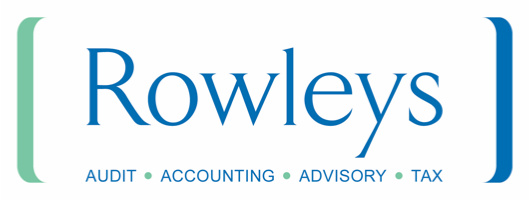News & Events
Payrolling benefits: A guide for employers
9th March 2023
Many employers offer benefits such as company cars, medical insurance, and gym memberships to attract and retain talent. However, managing these benefits can be time-consuming and complicated. Payrolling benefits offers a solution to this. Rowleys Payroll Manager, Rebecca Gotch, explains more, including what action you need to take before 6 April 2024.
What is payrolling benefits?
Payrolling benefits mean that your employees pay the PAYE on the benefits they receive through their earnings each month. This reduces the P11d admin each year, which can be a real time-saver for employers. The process is straightforward and involves registering online, with HMRC, before the tax year you want to payroll benefits for. For many, this is likely to be by 6 April 2024.
As well as saving time on administration, payrolling benefits will mean that the employee is paying the correct amount of tax throughout the year instead of receiving a tax code change mid-way through the year for the previous year’s benefits.
HMRC has recently announced that payrolling benefits will be mandatory from April 2026.
Does it apply to all benefits?
It is important to note that not all benefits can be payrolled. For example, employer-provided living accommodation and interest-free or low-interest loans cannot be included.
Do I need to inform my employees?
Once you have registered to payroll benefits, you must give your employees written notification explaining that you’re payrolling their benefits and what it means for them. This notification should include details such as which benefits are included in the payroll, how they will be taxed, and any changes that may occur as a result of the payrolling process.
Is there any other action I need to take?
To get started, you will need to provide your payroll provider with the employee annual benefit amounts. This will allow them to calculate the correct amount of tax to be deducted from each employee’s pay.
The benefits will then be included in the employee’s taxable pay, and the tax will be deducted at source.
Overall, payrolling benefits can be a great way to simplify your payroll administration and reduce the amount of time you spend on P11d reporting. By taking advantage of this system, you can provide your employees with the benefits they deserve while streamlining your processes.
For more information on payrolling benefits, visit the HMRC website.
Our CIPP-qualified payroll experts manage all aspects of payroll. We work with hundreds of clients of different sizes To find out more about our payroll services, please contact Rebecca Gotch, either by email: rebecca.gotch@rowleys.biz or call: 0116 282 7000.
